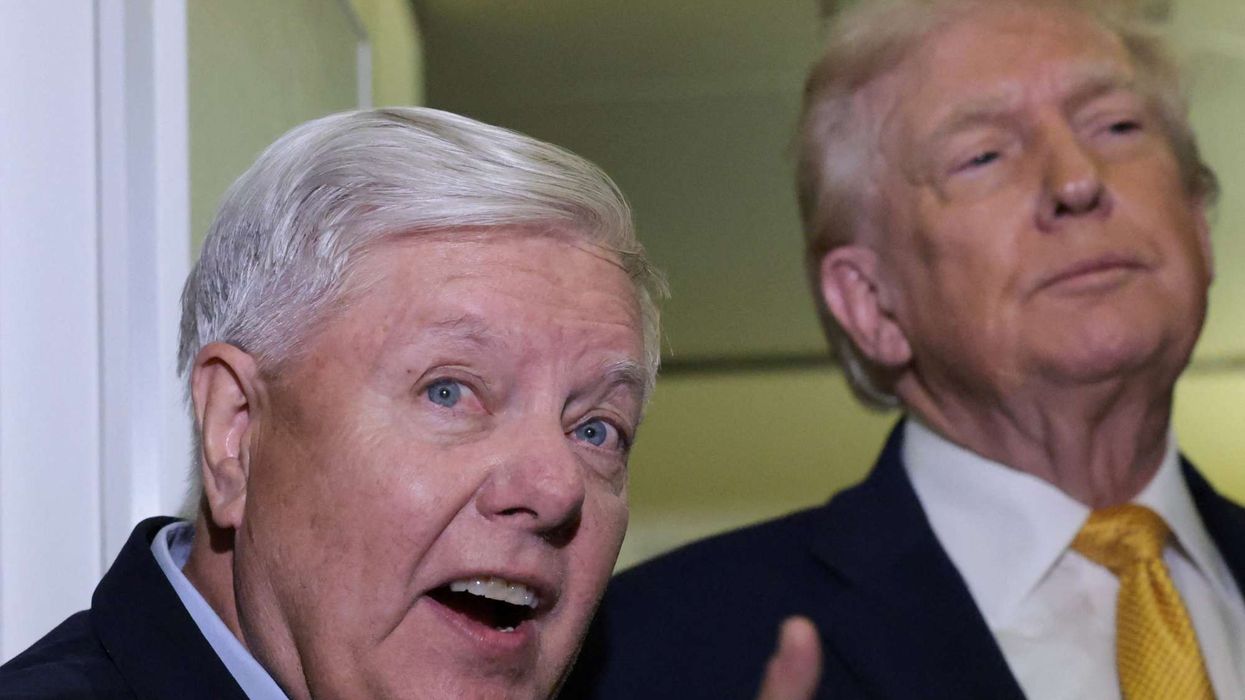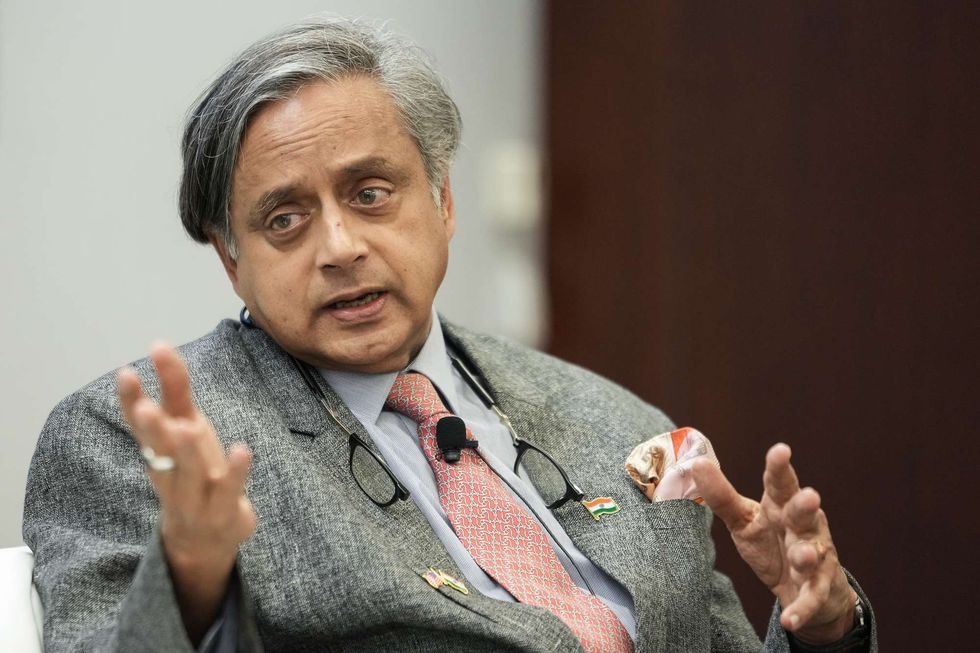by MITA MISTRY
“WE can never judge the lives of others because each person knows only their own pain and renunciation,” Paulo Coelho.
I’ve been writing about mental health issues in the South Asian community for some time now and I cannot stress the importance of it enough, especially in light of the tragic loss of Bollywood actor Sushant Singh Rajput, who sadly took his own life.
Everyone has mental health. And anyone can suffer from emotional distress, stress, or anxiety disorders at any time. On the other end of the spectrum are people who have a diagnosed mental illness like depression, schizophrenia, bipolar or any condition requiring ongoing medical treatment. And there is nothing to be ashamed of, wherever you or a loved one is on this scale.
We know ethnic minorities are more likely to have poorer health outcomes and a shorter life expectancy because of socioeconomic factors, structural issues and disparities in access to mental health services. People from our communities are less likely to contact their GP about their mental health, take antidepressants or receive specialist mental healthcare than our white British counterparts. Perhaps, the most worrying fact is that suicide is the single biggest killer of men under 45 in the UK (Mental health charity CALM).
But what does this mean for South Asian men? Firstly, there are no words in Gujarati, Urdu, Punjabi or Hindi for depression. So, how do we prevent suicide if we don’t even have a language for it or talk about it?
Indeed, there are numerous mental health awareness campaigns encouraging people to talk about it, but community stigma and shame are still problematic for men to open up where the expectation is to be strong and deal with what life throws at them. They hold back showing their emotions for fear of being judged and shunned. Some even fear a mental health diagnosis could stigmatise the entire family or see it as a failure affecting their respect in the community.
There is no doubt that living with the darkest of thoughts under this pressure can take people to a place of hopelessness, a mental pain that can take its toll on even the seemingly ‘happy’ person.
But talking can save lives. Suicide prevention is about creating safe spaces and language so people can talk. It is about teaching our men and boys to speak up about their feelings and mental distress. If you are struggling with suicidal or dark thoughts, please don’t try to fight your head on your own. It’s ok and very normal to seek professional help; there is absolutely no shame in it.
If you see someone you think might need help, trust your intuition, and start a conversation. Our everyday conversations can be all it takes to interrupt someone’s suicidal thoughts and start them on a journey to healing. Allow people to share their pain and cry. Be there for them and listen without judgement. You might not know it, but you already have all the experience you need to help save a life.
If you are affected by any of the issues mentioned in this article, contact Samaritans free of charge on 116 123 or see www.samaritans.org





 Shashi Tharoor
Shashi Tharoor Nicolás Maduro arriving at the Down town Manhattan Heliport.
Nicolás Maduro arriving at the Down town Manhattan Heliport.





